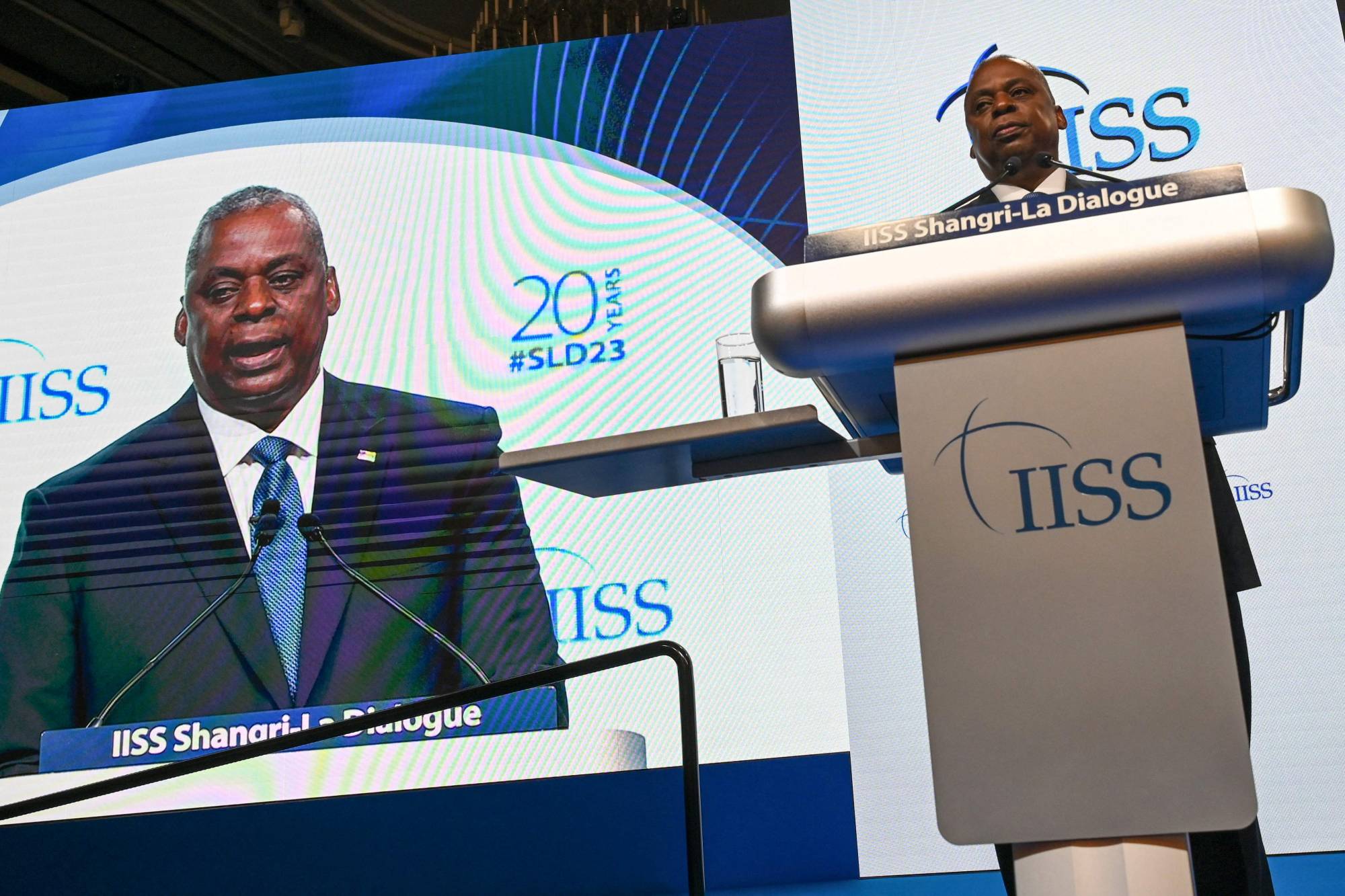With the number of dangerously close U.S.-China military encounters on the rise, U.S. Secretary of Defense Lloyd Austin has slammed his Chinese counterpart’s unwillingness to meet and discuss improving crisis management mechanisms between the two powers’ militaries.
“I am deeply concerned that the PRC (People’s Republic of China) has been unwilling to engage more seriously on better mechanisms,” Austin said in a speech Saturday at the Shangri-La Dialogue regional security conference in Singapore.
“For responsible defense leaders, the right time to talk is anytime, the right time to talk is every time, and the right time to talk is now,” the U.S. defense chief stressed, arguing that dialogue is “not a reward, it is a necessity.”


















With your current subscription plan you can comment on stories. However, before writing your first comment, please create a display name in the Profile section of your subscriber account page.